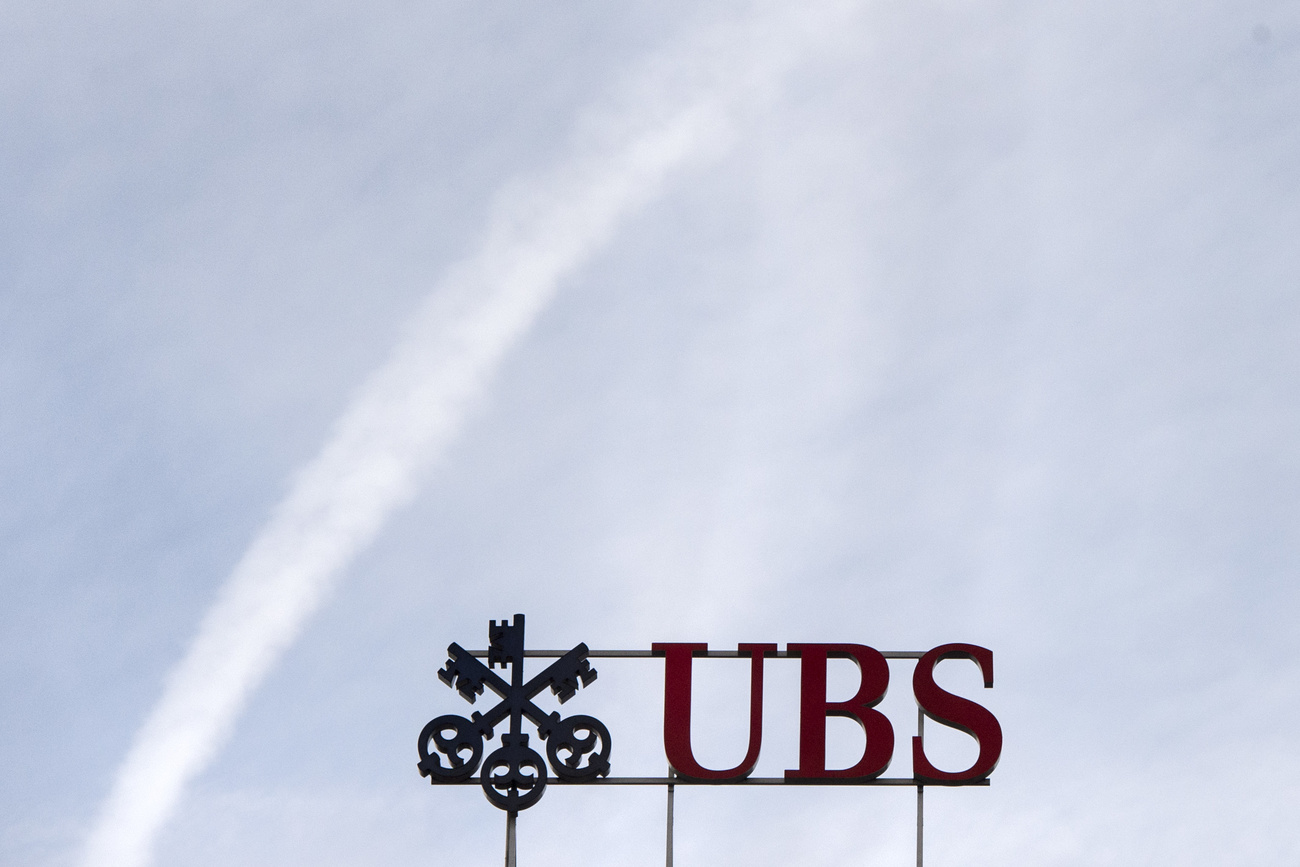
UBS storms AT1 market with first sale since Credit Suisse’s fall

UBS’s hotly-anticipated sale of additional tier 1 bonds, its first since Credit Suisse roiled the market with a historic writedown, pulled in roughly 10 times the bids for the debt on offer.
The Swiss bank sold two dollar-denominated bonds on Wednesday for $3.5 billion (CHF3.15 billion) in total, with combined orders of more than $36 billion, according to people familiar with the matter, who asked not to be identified because the information is private. A UBS representative confirmed that the bank was selling AT1s but declined to comment further.
At least two investors who suffered losses after the writedown in March of AT1 holdings put in orders for the UBS deal but declined to be identified because they aren’t authorised to speak publicly about the matter.
The stampede to get into the deal marks a complete reversal from March, when roughly $17 billion Credit Suisse’s AT1s were wiped out as part of a UBS takeover brokered by the Swiss government. That triggered the biggest daily loss in the market’s history, and sent yields soaring above 15% for the first time, according to a Bloomberg index. UBS’s offering solidifies the recovery of the asset class, which has seen yields drop by nearly 500 basis points from their peak in March.
+ Credit Suisse AT1 bond writedown could cost the Swiss taxpayer
T. Rowe Price Group Inc. says structural risks are accounted for but says investors still need to recognize that the securities are deeply subordinated instruments and understand the risk of impairment, according to Steven Boothe, head of global investment-grade fixed income at the firm. T. Rowe, overseeing $1.35 trillion in assets, participated in the UBS deal.
“At current yields you are getting decent compensation for these risks,” said Boothe.
The new issuance bolsters UBS’s AT1 capital layer – an important buffer that helps banks comply with core capital requirements without relying solely on more expensive equity. The notes in the deal contain a mechanism that would allow the bonds to be converted into ordinary shares once the bank’s articles of association are amended to provide enough conversion capital.
Laurent Frings, head of credit research at Aegon Asset Management, said the equity conversion mechanism – a likely response to the Credit Suisse drama – was also positive. “In terms of optics and the likelihood of seeing another trigger happening and shareholders getting something versus AT1 holders getting zero, this is definitely better.”
The tranche callable in five years priced at 9.25%, tightening from around 10% earlier. And the longer tranche – callable in 10 years – also priced at 9.25%, according to a person familiar with the matter.
+ The dramatic weekend that led to the Credit Suisse takeover
That’s lower than UBS’s existing dollar AT1s, which offer an average yield of about 9.7% until their next call dates, based on data compiled by Bloomberg. The lender recently called a S$700 million ($464 million) bond and it also has a $2.5 billion note that reaches its first early repayment date in January, based on data compiled by Bloomberg.
The March wipeout happened after a last-minute tweak to Swiss law allowed the writedown to go ahead, even though Credit Suisse shareholders managed to preserve some value after the UBS takeover. A so-called Swiss penalty in the AT1 market lasted for several months, with yields soaring over non-Swiss peers as investors sought clarity on how Switzerland’s regulators would treat the securities in future.
But major banks continued to call their bonds and issuance restarted with the first euro-denominated offerings in June. Even UBS AT1s recovered. BNP Paribas SA was the first European bank since the collapse to sell an AT1 in dollars. It tweaked the terms of the notes so that they’d convert to shares rather than be written down if its capital ratio falls below a certain level.
The UBS issuance is “an attempt to restore confidence in the market regarding these instruments, notwithstanding technicalities with the writedown and Swiss-specific language,” said Ugo Lagrotta, a treasury asset and liability management advisor who worked at UBS until last year.
“I am convinced that going forward, there will be better alignment between jurisdictions in the industry. I would not expect to see another event like the one we witnessed in March,” he said.
The deal follows well-received results from UBS on Tuesday, with the lender reporting stronger-than-expected client inflows in its wealth-management business, boosted by the first signs of stabilisation at Credit Suisse.

In compliance with the JTI standards
More: SWI swissinfo.ch certified by the Journalism Trust Initiative



























You can find an overview of ongoing debates with our journalists here . Please join us!
If you want to start a conversation about a topic raised in this article or want to report factual errors, email us at english@swissinfo.ch.